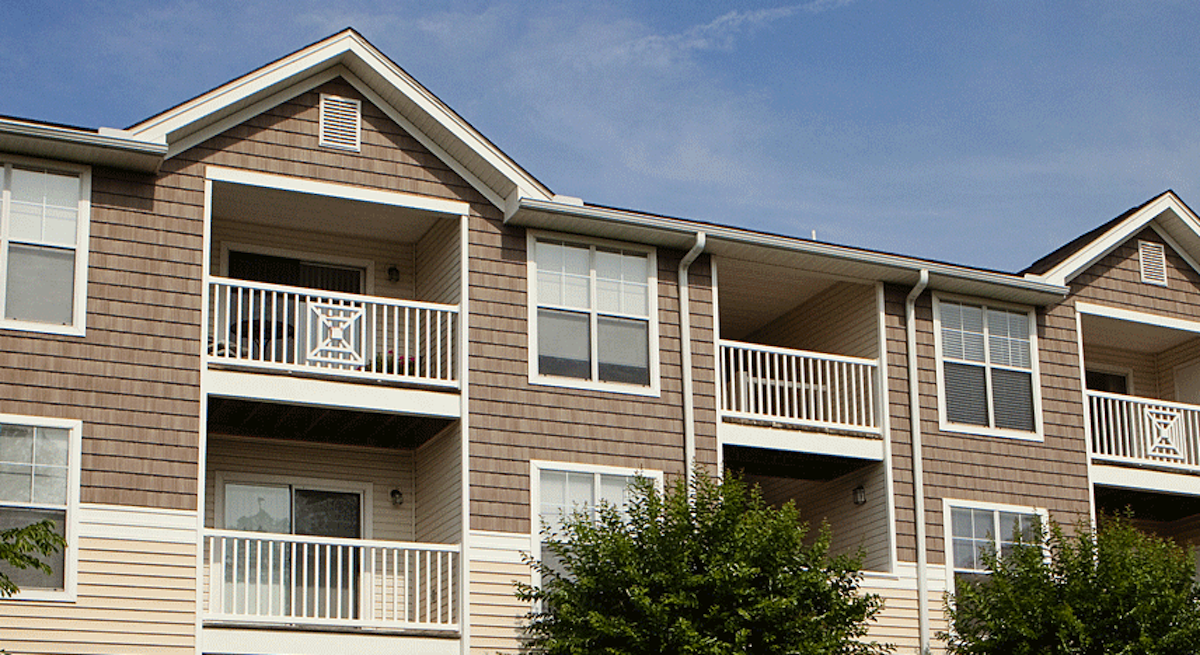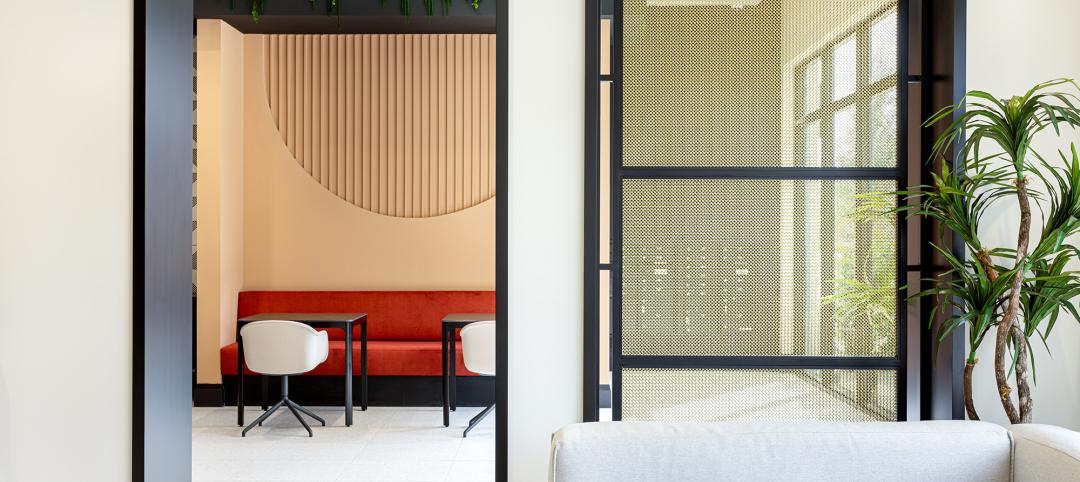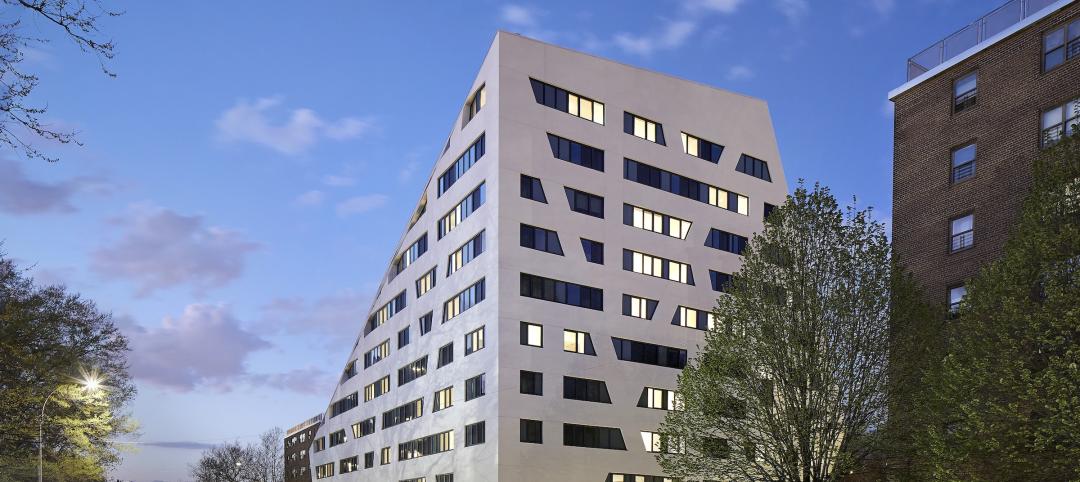When investor John Goense started Response Team 1 in 2010 by acquiring BKA General Contractors in Nashville, he anticipated that his company, as it expanded, would focus primarily on single-family disaster restoration projects from fires, flooding, snowstorms and other such events that were covered by homeowners insurance.
The early performance of that business certainly indicated that it was on the right track. Its revenue from 2010 to 2013 increased by 1,124%, making Response Team 1 one America’s fastest-growing private companies, according to Inc. magazine. It currently claims to be the country’s largest single-family restoration business.
During that four-year period, Response Team 1 also developed what Goense, its CEO and chairman, says was “a small, in-house renovation business” for commercial clients that had either bought a property or wanted to upgrade an existing building. Then, last November, the Wheeling, Ill.-based company acquired The Renovation Group (TRG) in Brentwood, Tenn. This deal catapulted Response Team 1 into the ranks of the country’s top multifamily renovators.
Multifamily and commercial projects now account for 50% of Response Team 1’s revenue, which last year hit $173 million.
The biggest commercial project Response Team 1 has taken on so far has been the restoration of a courthouse in Wisconsin. Its multifamily work, according to its website, includes fire and smoke damage restoration, mold removal and remediation, water damage repair, and remodeling. Most of its projects are for midrise apartment and college campus buildings. “We’re more focused on working with property owners and managers than with HOAs,” Goense explains. And campus projects are mostly restorations. (Arizona State University is one of its largest customers.)
Response Team 1, which operates 25 offices that serve 34 states in the West, Midwest, and Southeast, is one of several businesses owned by Chicago-based Goense & Company, a private equity investment firm that Goense and his partner Erik Bloom formed in 2008. Its investment strategy has been to target small to midsize companies with market niches or that operate in fragmented industries. The firm’s portfolio, according to its website, includes a document imaging dealer; a pharmacy automation company; electrical, plumbing, and drywall contractors; and a provider of maintenance and installation services for voice, data, wireless, paging, and point of sale systems for retailers.
Darren Magda, who started TRG as a deck builder 20 years ago and shifted to multifamily renovation a decade ago, says he became interested it joining forces with a larger enterprise when clients started asking TRG to do jobs on their apartment buildings in places like Texas and California, well beyond its geographic comfort zone. Magda says that because Response Team 1 has a “national footprint,” as well as a local presence in places like Denver and Phoenix, TRG can coordinate labor and project management for clients through with buildings in different parts of the country.
Response Team 1 merged TRG with CAPRO, a multifamily renovation company based in Raleigh, N.C., that Response Team 1 had spun off several years earlier. Combined, the two renovators generated about $24 million in revenue last year, and Magda—who stayed on as a vice president with Response Team 1—thinks that figure could rise by at least 50% in 2015 under Response Team 1’s corporate umbrella.
Goense expects Response Team 1, in total, to generate about $200 million from its existing offices in 2015, and another $50 million to $100 million from mergers and acquisitions. “I look at our service area, and it only represents 12% if the U.S. population.” When he spoke with BD+C in early March, Response Team 1 had just established a fourth region, the Mid Atlantic, that would serve residential and commercial customers in Philadelphia and southern New Jersey, Baltimore, and Washington D.C.
Response Team 1’s expansion is being driven primarily by its regional footprint; Goense’s goal is for his company to serve every 1 million-plus market within its regions.
Like other construction companies, Response Team 1’s ability to grow is contingent on maintaining a reliable workforce. “That’s one of the hardest things for businesses like ours,” he says. However, Goense states that his company “has a very active flow of people coming to us.” Response Team 1 recently set up an internal “university” for training purposes. And, he adds, “we use a lot of subs,” and has steady access to them because “we pay fairly and on time.”
Related Stories
MFPRO+ News | Jun 20, 2024
National multifamily outlook: Summer 2024
The multifamily sector continues to be strong in 2024, even when a handful of challenges are present. That is according to the Matrix Multifamily National Report for Summer 2024.
Multifamily Housing | Jun 17, 2024
Elevating multifamily properties through quiet luxury
As the demands of urban living continue to evolve, the need for a tranquil and refined home environment has never been more pronounced.
Multifamily Housing | Jun 14, 2024
AEC inspections are the key to financially viable office to residential adaptive reuse projects
About a year ago our industry was abuzz with an idea that seemed like a one-shot miracle cure for both the shockingly high rate of office vacancies and the worsening housing shortage. The seemingly simple idea of converting empty office buildings to multifamily residential seemed like an easy and elegant solution. However, in the intervening months we’ve seen only a handful of these conversions, despite near universal enthusiasm for the concept.
Adaptive Reuse | Jun 13, 2024
4 ways to transform old buildings into modern assets
As cities grow, their office inventories remain largely stagnant. Yet despite changes to the market—including the impact of hybrid work—opportunities still exist. Enter: “Midlife Metamorphosis.”
Affordable Housing | Jun 12, 2024
Studio Libeskind designs 190 affordable housing apartments for seniors
In Brooklyn, New York, the recently opened Atrium at Sumner offers 132,418 sf of affordable housing for seniors. The $132 million project includes 190 apartments—132 of them available to senior households earning below or at 50% of the area median income and 57 units available to formerly homeless seniors.
MFPRO+ News | Jun 11, 2024
Rents rise in multifamily housing for May 2024
Multifamily rents rose for the fourth month in a row, according to the May 2024 National Multifamily Report. Up 0.6% year-over-year, the average U.S. asking rent increased by $6 in May, up to $1,733.
Apartments | Jun 4, 2024
Apartment sizes on the rise after decade-long shrinking trend
The average size of new apartments in the U.S. saw substantial growth in 2023, bouncing back to 916 sf after a steep decline the previous year. That is according to a recent RentCafe market insight report released this month.
Multifamily Housing | Jun 3, 2024
Grassroots groups becoming a force in housing advocacy
A growing movement of grassroots organizing to support new housing construction is having an impact in city halls across the country. Fed up with high housing costs and the commonly hostile reception to new housing proposals, advocacy groups have sprung up in many communities to attend public meetings to speak in support of developments.
MFPRO+ News | Jun 3, 2024
New York’s office to residential conversion program draws interest from 64 owners
New York City’s Office Conversion Accelerator Program has been contacted by the owners of 64 commercial buildings interested in converting their properties to residential use.
MFPRO+ News | Jun 3, 2024
Seattle mayor wants to scale back energy code to spur more housing construction
Seattle’s mayor recently proposed that the city scale back a scheduled revamping of its building energy code to help boost housing production. The proposal would halt an update to the city’s multifamily and commercial building energy code that is scheduled to take effect later this year.

















